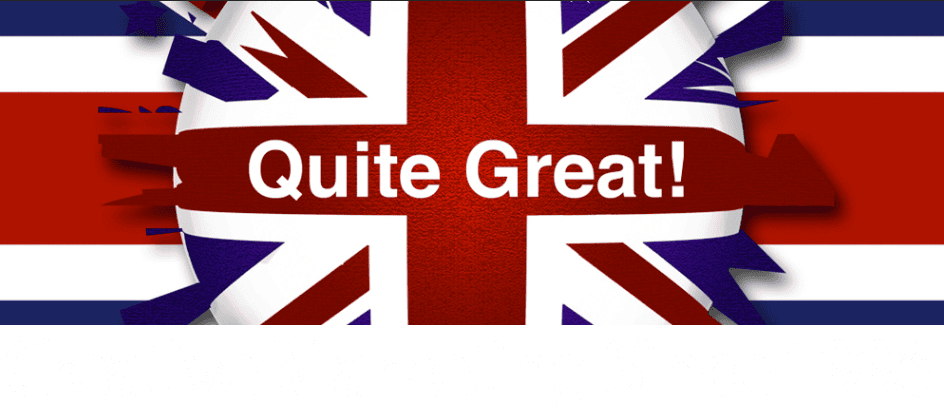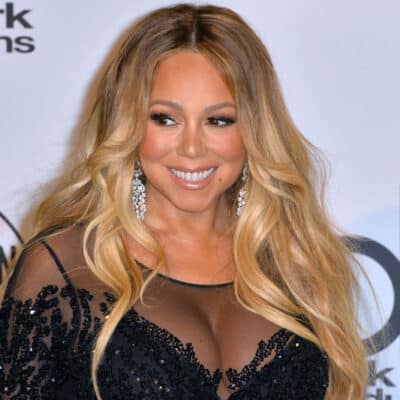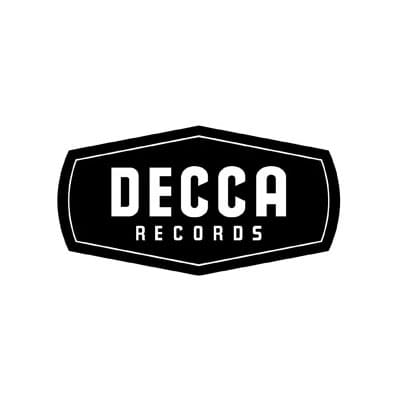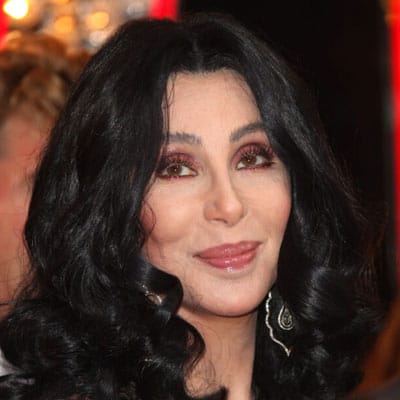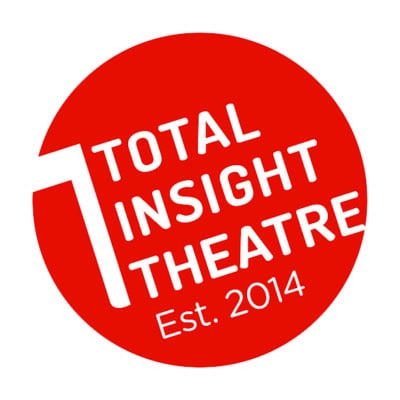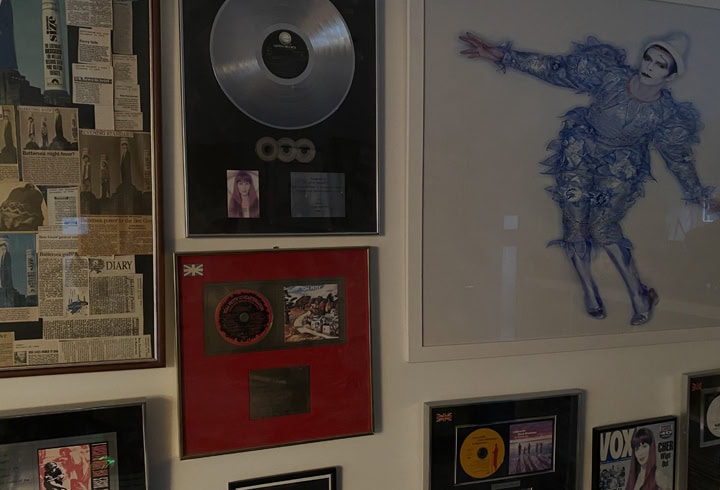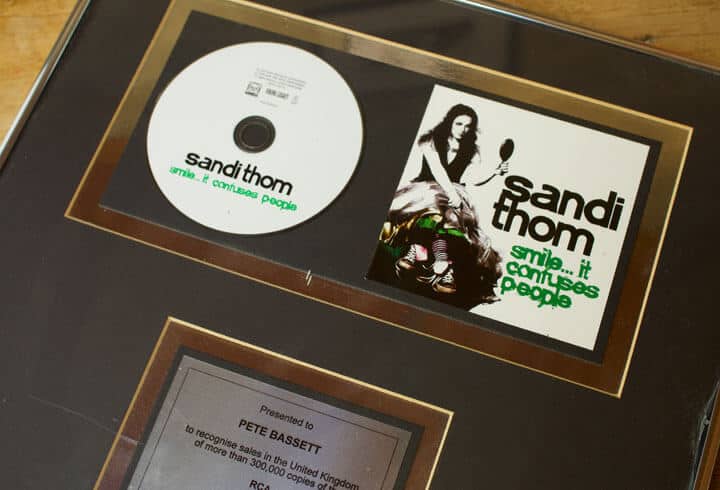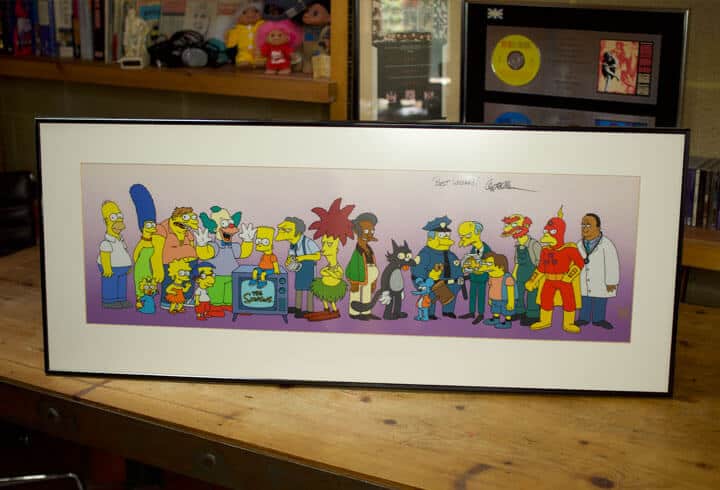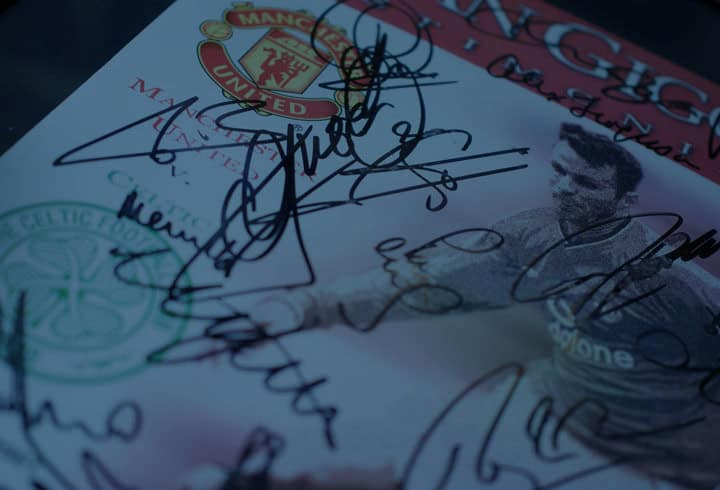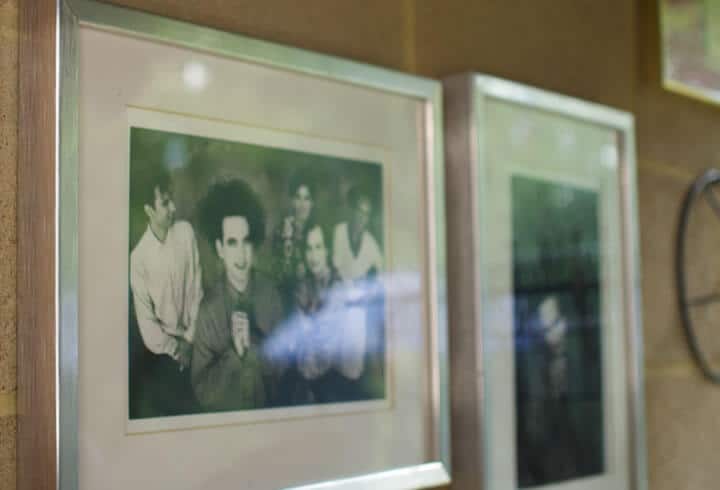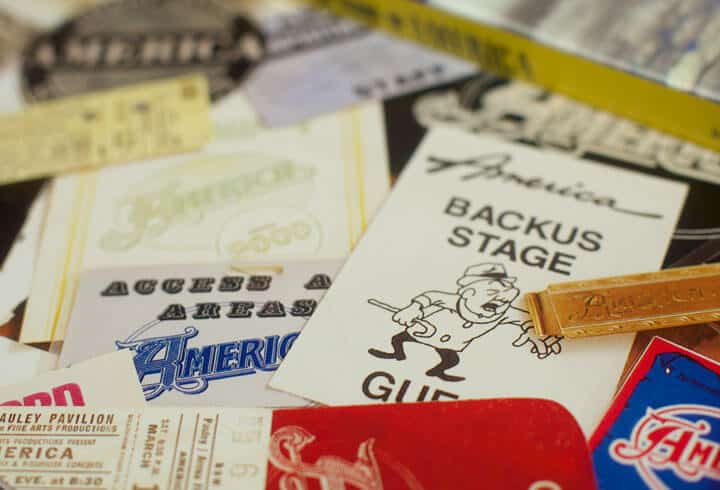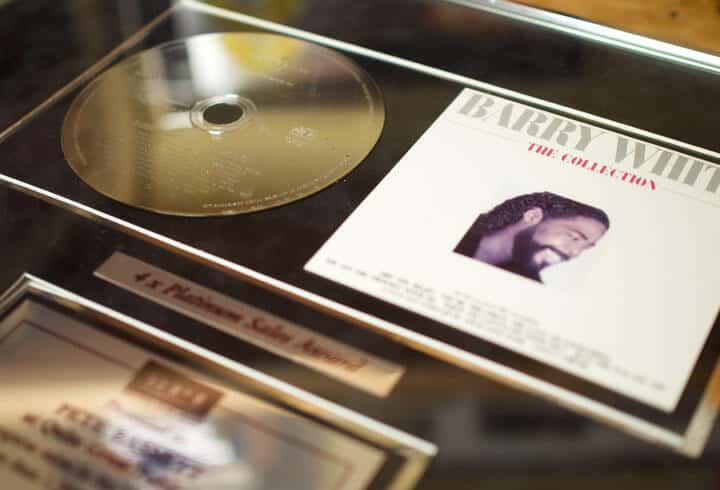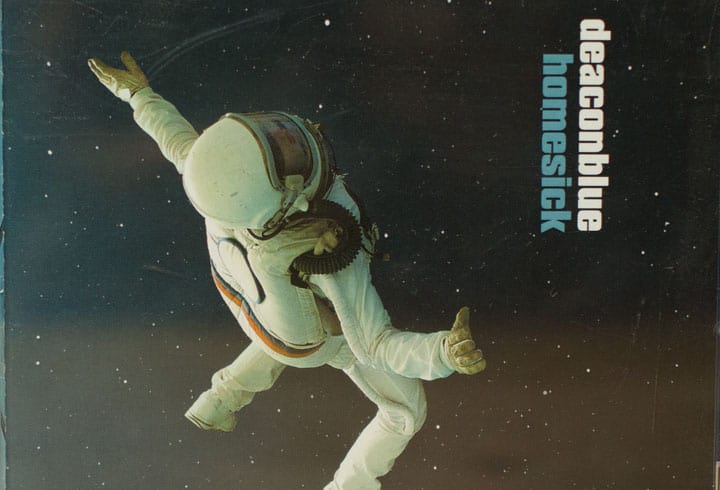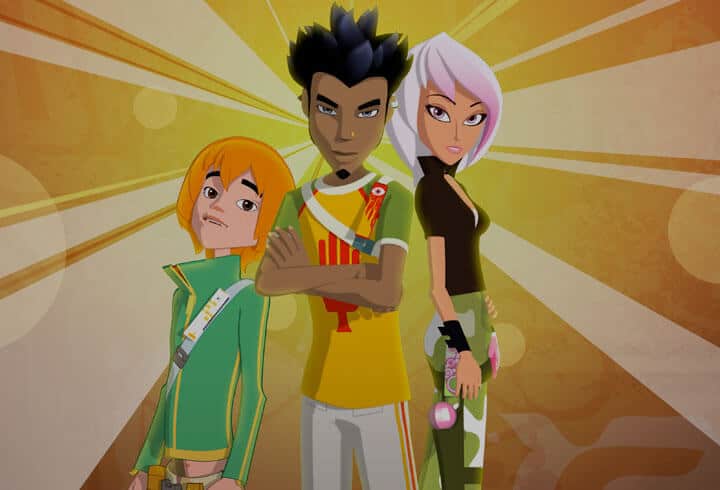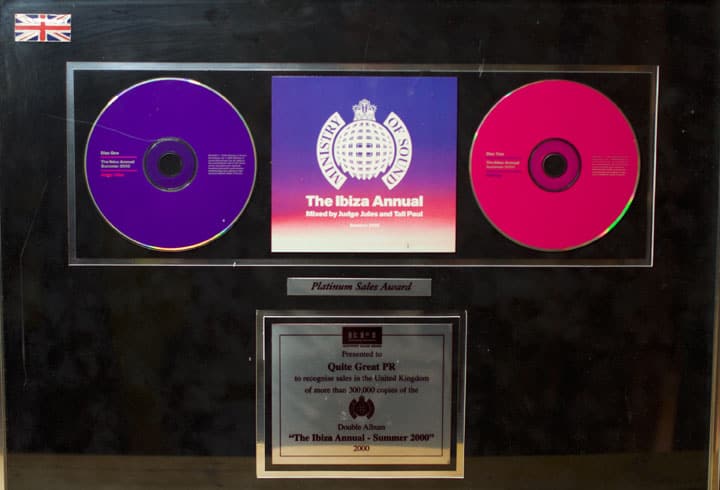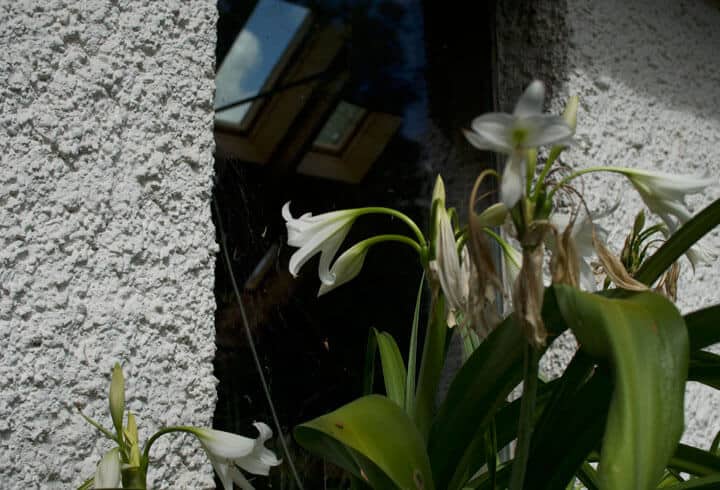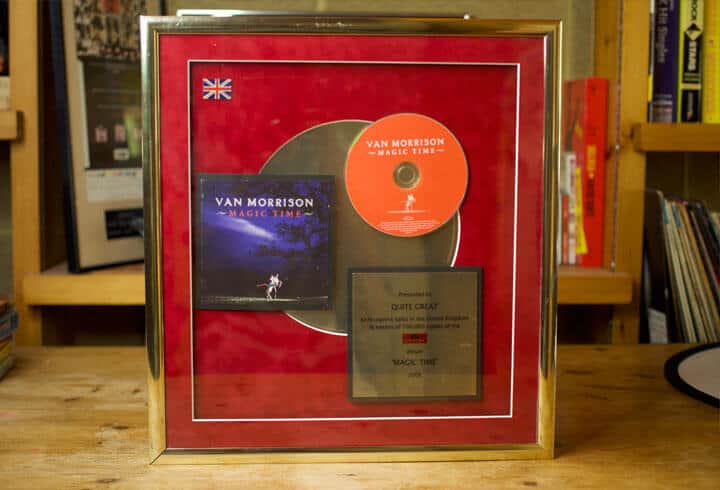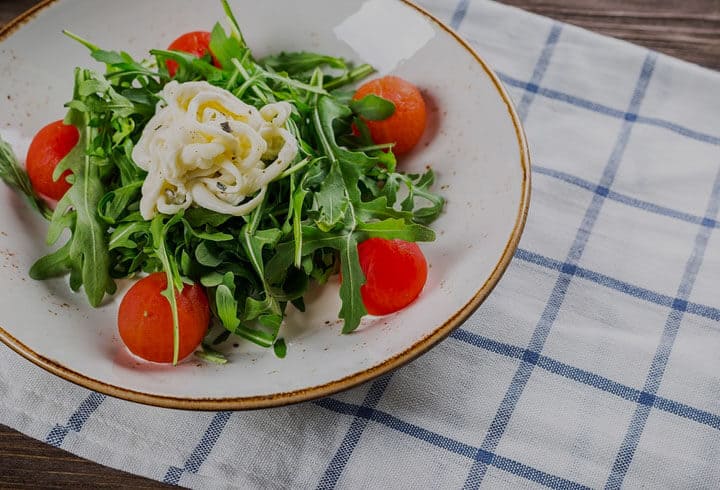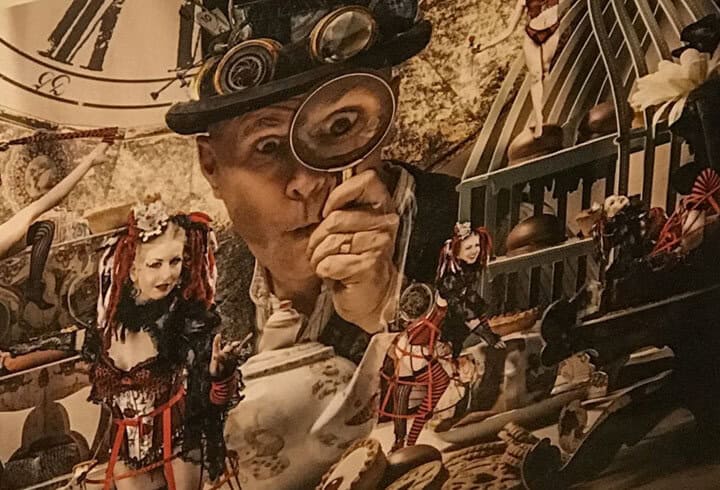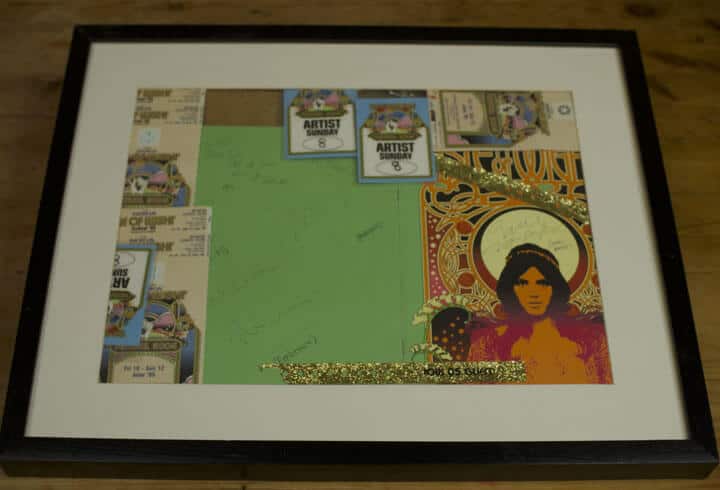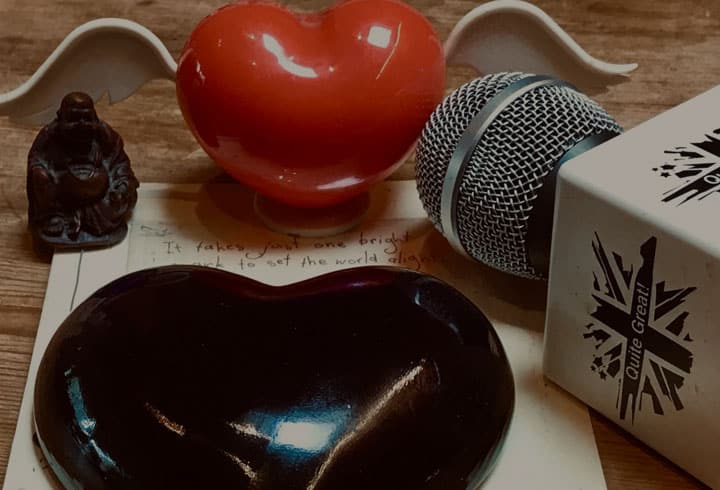Boutique UK PR Agency Quite Great was formed in 1996 striving to be the Best Music PR and Music Promotions Company also Brand PR plus Book PR as well as Art PR ; Food and Drink PR and Charity PR
A UK PR Agency from Music PR to all Boutique PR Agency services , we are a little different and slightly quirky so why not reach out and say hi! –
Music Promotion | Music PR Company in the UK Since 1996 and also Charity PR and Marketing Agency UK.
Plus Music PR Company | Independent PR Agency UK and Indie movie pr ; uk indie movie pr .
As well as Music Events and Festivals – PR & Marketing not to mention Indie Music PR | Indie Band PR – Quite Great PR .
In addition to Book PR Agency | Author PR | Book Promotion London also Classical Music PR Agency | Classical Music Promotion Since 1996 .
Plus Food PR, Restaurant Promotion & Drink Marketing and Unsigned Music PR | Music Promotion for Emerging Bands .
And also Art PR | Fine Art, Photography & Culture PR & Marketing in addition Rock Music PR | Heavy Metal and Punk Music PR .
Plus this service too Green & Environmental PR & Marketing Agency | Sustainable PR also this service Jazz Music PR | Blues Music Promotion Since 1996
And this service too Pet and Animal PR Agency | Pet Charities PR | PR for Pet Products .
Why not also check this service Female Lifestyle, Health, Beauty & Fashion PR.
So in order to also give you a full understanding of our history and highlight as well the difference between us and so many of the faceless PR Agency’s you may also discover online.
The Directors worked for –
1.Jive/Zomba
then…..
2.MCA/Universal
and then here…
3.Sothebys.
and also here….
4.Motown
plus here…
5.Geffen.
and then here…
6.Fiction label
also here….
7.Polydor Records
and here as well….
8.The Really Useful Group
and then here…
9.Creative London PR Agency Jackie Cooper PR
finally also here…..
10 And since 1996 Quite Great Promoting musicians and celebrities plus TV Shows and Indie Movie as well as Charities also UK Event Touring right through to Book PR and Travel PR as well.
As a leading UK PR Agency we also have experience in –
- Emeli Sande MBE to Van Morrison to Macmillan Book Publishing also Tech PR
- UB40 to Mobile App PR launches plus LGBT PR
- Mick Jagger to Unsigned Musicians as well as TV Shows Like Dangermouse and Thunderbirds.
- Toys like Trolls as well as games like Linkee.
- The Health Lottery through to Women’s Retail outlets.
- Meatloaf as well as Indie Movie PR
- Prince right through Charities like Shelter , Centrepoint and Relate
- The Bee Gees to Book PR and also Author PR
- Ministry of Sound as well as Local Sports Club PR and also Sponsorship
- You name it and we have probably experience in doing it.
Creative thinking is vital for successful UK PR Agency and we do love being creative. Also it is focused campaign creativity that opens up word of mouth channels as well as social media and general overall… BUZZ.</strong>
Whether it be driving tanks down Regent Street or Projection Mapping and also huge posters on the side of Battersea Power station.
As well as headlines like Big Mother is Watching You…
It is these headline grabbing campaigns that underline our history and also emphasise we love what we do! .
So in short, if you are looking for a UK PR Agency.
Who are also just that little bit different but also do have a strong understanding of total professional work methods.
As well as what it takes to deliver your strategy.
As well as a PR history of big projects and also working closely with their clients.
Then reach out once you have found the service that fits your needs.
